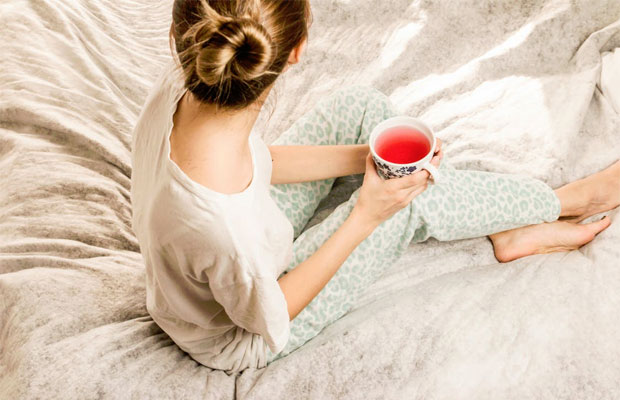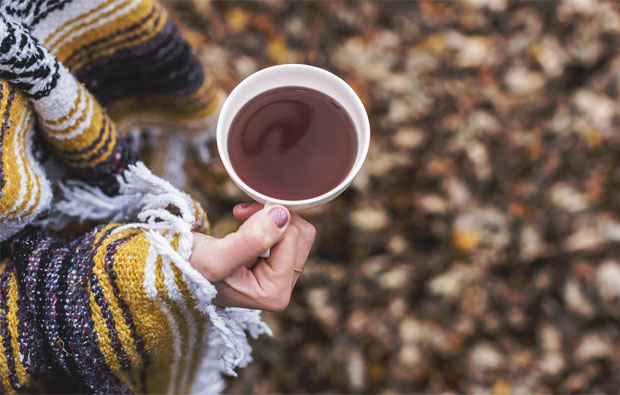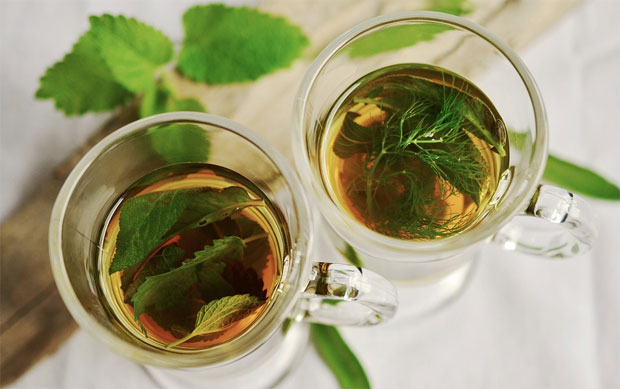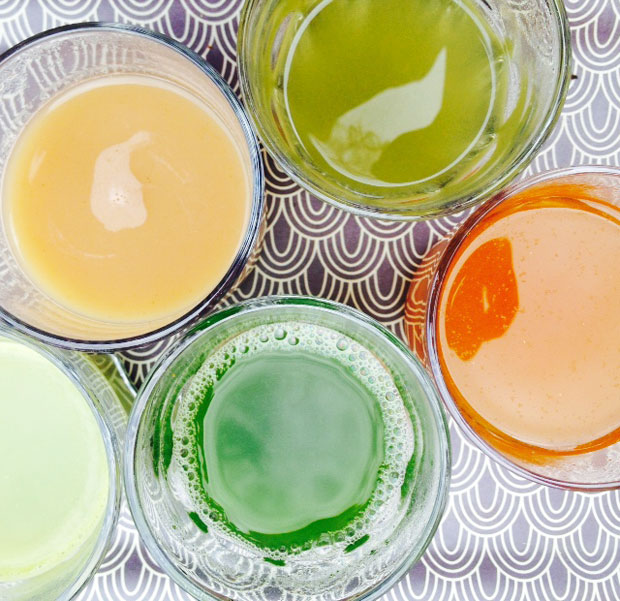The Best Tasting Herbal Tea for All Occasions
The Best Tasting Herbal Tea for All Occasions
Tea, the beverage that brought together health nuts and upper-class men. Take some leaves along with a kettle of boiling water, and you have the best tasting herbal teas to go with your jam and bread. Herbal teas make use of herbs and spices instead of cured leaves in classic teas. Originating from the most populous land, China, dating back 5000 years, the drink made its way to Europe on the ships of explorers during the 17th century. It has swept the world since then and lots of people enjoy having their own herbal tea selection at home.
Unlike true tea, herbal teas contain little to no caffeine, the most commonly consumed psychoactive drug. Herbal teas are packed with antioxidants, minerals, and vitamins, which boost the immune system, keeping our body strong. Teas have anti-aging, weight loss, digestion, and detoxification properties. Drinking tea keeps our body hydrated and prepares it for any impending disease.
- Best Tasting Herbal Tea
South African herbal teas are rapidly gaining popularity as the most beneficial among consumers. The rooibos or red bush tea comes from a plant grown in a small mountainous region of the Western Cape. Rooibos leaves go through a fermentation process, inducing the characteristic reddish-brown color and enhancing the flavor.
The Easter Cape has a rivaling tea with growing demand, the honeybush. Honeybush teas give off a distinct sweet honey-like smell giving the tea its name. These plants can be identified as having bright yellow flowers. The rooibos tea has a slightly medicinal taste to it, whereas the honeybush is more floral, earthy and lightly roasted. Both of these teas are extremely healthy since they are caffeine-free.
Hibiscus tea is another tea that is sought out after due to its taste. The hibiscus tea is prepared using the sepals of the hibiscus plant.
- What is the Best Herbal Tea for Sleep
The calming nature of the chamomile tea makes it the perfect bedtime beverage. Unlike traditional teas, this one is brewed using the flower of the chamomile plant instead of the leaves. The tea has a floral aroma and a fruity flavor, like that of a green apple. The chamomile tea aids in the relaxation of the brain by releasing an antioxidant called apigenin, which binds the receptors in our brain to reduce insomnia. Studies on postpartum women have been performed to back up these findings. Women after childbirth were found to have a better sleep after consuming the tea.
Chamomile teas also promote digestion and metabolism. This tea is highly effective in reducing the acidity in the stomach and to protect against diarrhea.
- Teas as a Digestive Aid
Proper digestion is an integral part of the sustainability of the human body. Many types of herbal teas assist in the digestion of food. Chamomile tea has anti-diarrhea properties, whereas ginger teas are good in negating nausea. In this case, the root is used in the tea instead of the conventional tea leaves. Ginger teas have a spicy flavor that can be cut down using honey or a dash of citrus.
Mint tea can also be used for digestion. This type of tea is known to cure disorders as it moves down the digestive tract. Like the ginger tea, the mint also combats nausea, indigestion, and stomach aches. But unlike ginger, it provides a refreshing, cool effect on consumption.
- Pregnancy Teas
Ginger and mint teas have anti-inflammatory properties, making these teas highly effective against pregnancy or period cramps. The healing properties relax the muscles, granting instant pain relief and a soothing sensation.
Leaves of the raspberry trees can be infused in boiling water to make a tea that is highly effective during the later stages of pregnancy due to its high concentrations of iron.
- Herbal Teas Promoting Weight Loss
Obesity is an ever-increasing worldwide epidemic with no sign of slowing down. Watching our weight is of utmost importance. Herbal teas can help us in cutting down some fat.
Dandelion herbal tea is made by boiling the yellow dandelion flower petals to extract their oils. The tea is greatly effective in metabolizing our food by triggering the stomach acids and breaking down fats and cholesterol. Dandelions are also good for getting rid of excess water and salts in the form of urine to prevent bloating.
Jasmine herbal tea is another such tea which increases metabolism and breaks down the fats in our body. The jasmine tea comes with the added benefit of being able to effectively breakdown glucose, an essential part of the protection against diabetes.
- Cold Fighting Teas
A cooling agent called menthol is found in the leaves of peppermint trees. The substance provides an anesthetic effect that can decrease coughing and other throat-related problems. Peppermint leaves are also filled with antiviral substances, preventing the spreading of the cold.
Echinacea, a flower quite commonly found in the North American continent, can not only decrease a cold but is also helpful in preventing it. Tea made from this flower can potentially lower the risk of respiratory malfunctions.
- Combating Heart Ailments
Heart diseases can arise from the narrowing or clotting of the vessels resulting in insufficient blood flow to the heart and, eventually, resulting in a heart attack. The high levels of antioxidants present in lemon balm teas increase the elasticity of the skin, allowing more blood to flow through the flexible vessels and fighting any serious illness. Lemon balm is also known to enhance memory.
Regular tea made from the leaves of the Camellia Sinensis is already a remarkably healthy drink. But due to the abundance of caffeine in them, herbal teas are still healthier options. The wide range of herbal teas available in the market makes for some pretty interesting tastes too. Herbal tea is readily accessible anywhere in the world. So, whether it be to clear your throat ache or uplift your mood, there is nothing that a nice, warm cup of tea can not solve.
Guest Article. Contains sponsored links.












